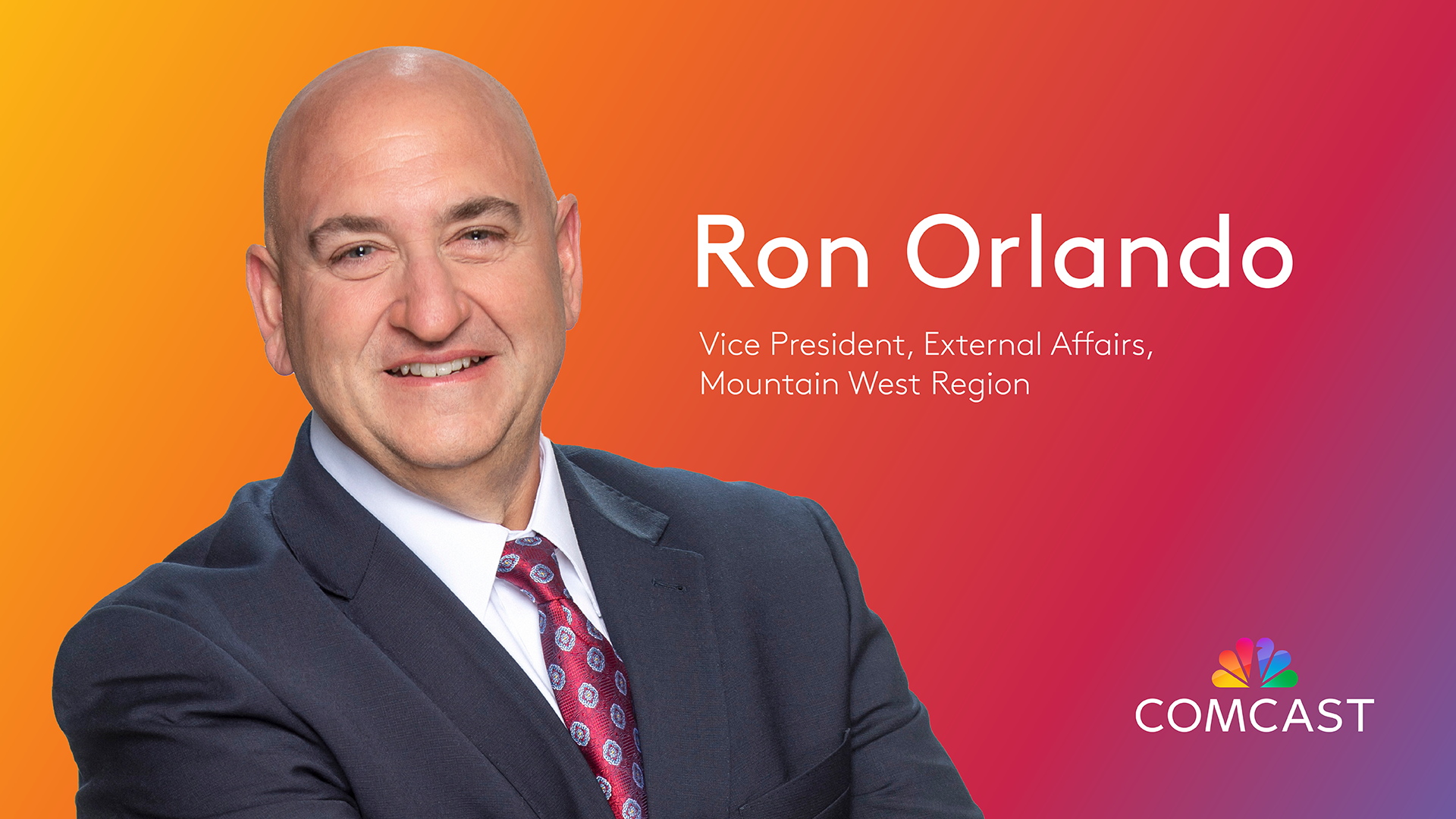With the unemployment rate at historic lows in Colorado (3 percent) and nationwide (3.9 percent) at record lows, hiring managers are moving upstream and increasing engagement with educational institutions to meet the demand for workers today and in the future.
With our quality of life (U.S. News & World Report ranks Colorado Springs number two and Denver number three on the list of most desirable cities to live in), it’s no wonder Colorado is home to the headquarters of 10 Fortune 500 companies. But in an ever-tightening labor market, more and more large employers in the state are focusing on the workforce pipeline.
Comcast is a top employer in the state with nearly 10,000 employees in jobs ranging from software designers and engineers to field technicians who install internet service to corporate executives and everything in between.
A recent panel discussion at Metro State University, moderated by Kelly Brough, CEO of the Denver Metro Chamber of Commerce, highlighted how some of Colorado’s leading companies (that all happen to be hiring right now) are working upstream to build a skilled workforce for the future.
The panel, “Developing a Talented and Diverse Local Workforce” included these participants:
- Shane Portfolio, Comcast West Division Senior Vice President of Technical Operations & Engineering
- Jandel Allen-Davis, MD, Vice president of Government, External Relations and Research for Kaiser Permanente Colorado
- Donna Tikkanen-Davis, Vice President, Global Employee Capability with Arrow Electronics
- Mark S. Yoss, Production Principal, Lockheed Martin Space
“Even though there are plenty of jobs to fill, and more people are moving to Colorado, there is a gap in workforce readiness that results in job seekers who are not necessarily equipped with the skills they need to be successful in the jobs that are available,” said Shane Portfolio of Comcast. “This gap can lead some companies to recruit out-of-state talent to fill the highly skilled and expert positions.”
The panelists noted that while some positions required advanced degrees or skills, many of the positions they struggle to hire for simply require the “soft skills” and innovative/entrepreneurial spirit that the employer can tap to move the businesses forward.
Here are tips to help Colorado employers attract and retain great talent:
Assess candidates for both soft skills and foundational qualities.
Important behavioral or soft skills include:
- Sense of accountability
- Ability to collaborate
- Curiosity
- Innovative spirit
- Results-driven
- Team-oriented
- Motivated and energetic
- Strong communication skills
- Positive attitude
Foundational skills may include:
- Job-specific degree or certification or technical skills
- Strong writing skills
- Presentation skills
- Time management
- Technology literacy
Focus on creating a culture of equity and inclusion to build a diverse workforce.
When an employer’s leaders are focused on creating an equitable and inclusive environment, the benefits to employee recruitment and retention are significant. Here are traits of equitable, inclusive workplaces:
- Organization personifies diversity at all levels from the c-suite to the frontline staff.
- Clear, comprehensive system exists for conflict resolution; all policies and procedures are transparent.
- The company engages with and invests in the community the company serves.
- Company culture prizes continuous learning and personal growth.
- Company is consistent across the board in its interactions with employees.
- Diversity and inclusion are accepted as a way of life and articulated as central to company culture.
- Company accepts and embraces change.
Collaborate and engage with educational institutions.
When companies move upstream to impact the educational programs that are training the future workforce, it’s a unique opportunity to shape our future team. Here are some tips to increase your collaboration with educational institutions:
- Have top executives serve on boards of community colleges, universities and trade schools (particularly if they are alumni).
- Support educational institutions to create and develop curricula that builds skills your workers need.
- Example: Comcast worked with the University of Colorado Denver to create the Comcast Media and Technology Center, which offers special curriculum designed to help cultivate the technical and creative skills necessary for the 21st century workplace.
- Engage students to help solve business needs and tap creative new solutions through project-based learning.
- Encourage employees at all levels to participate as ambassadors for the company by serving on alumni associations, as mentors and coaches, and guest speakers.




